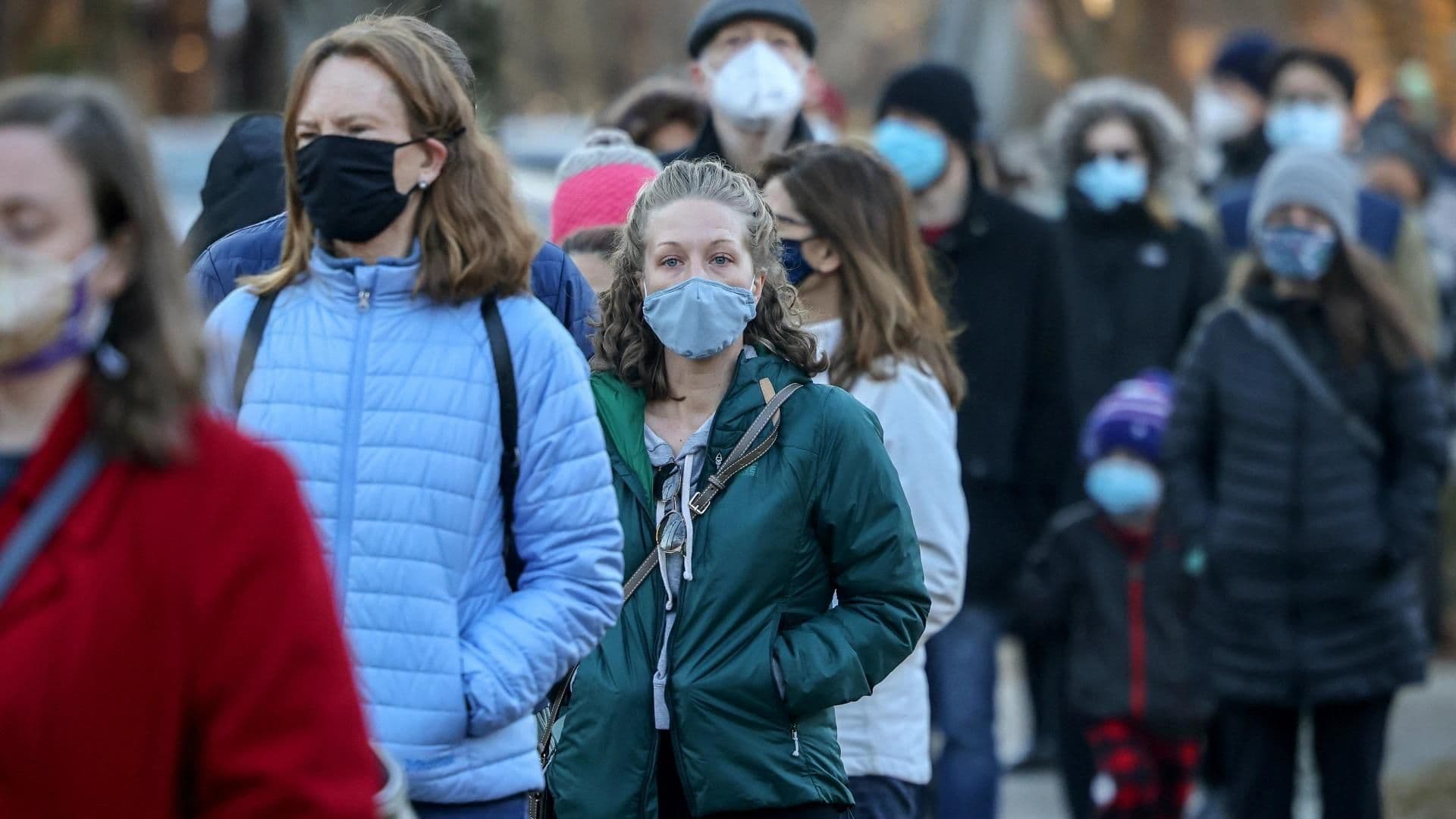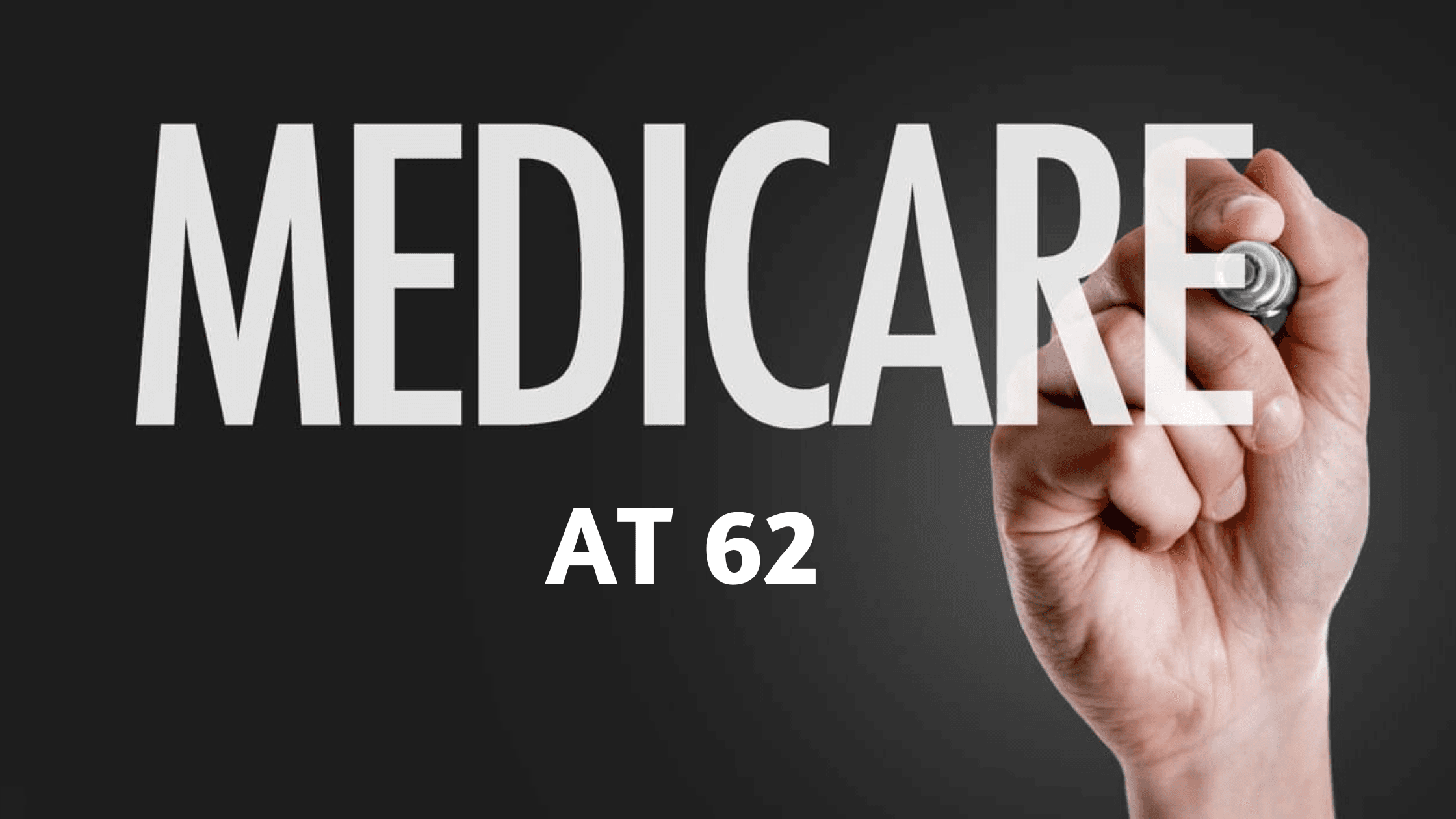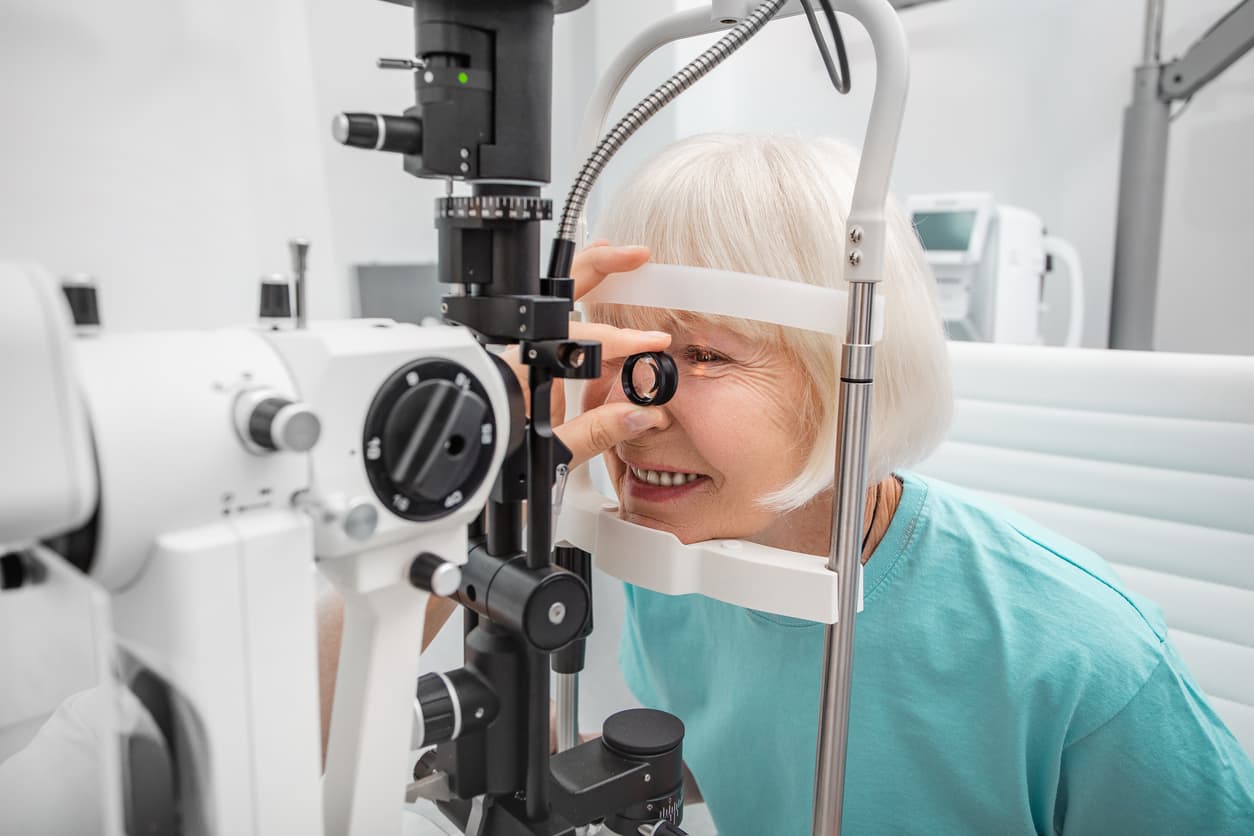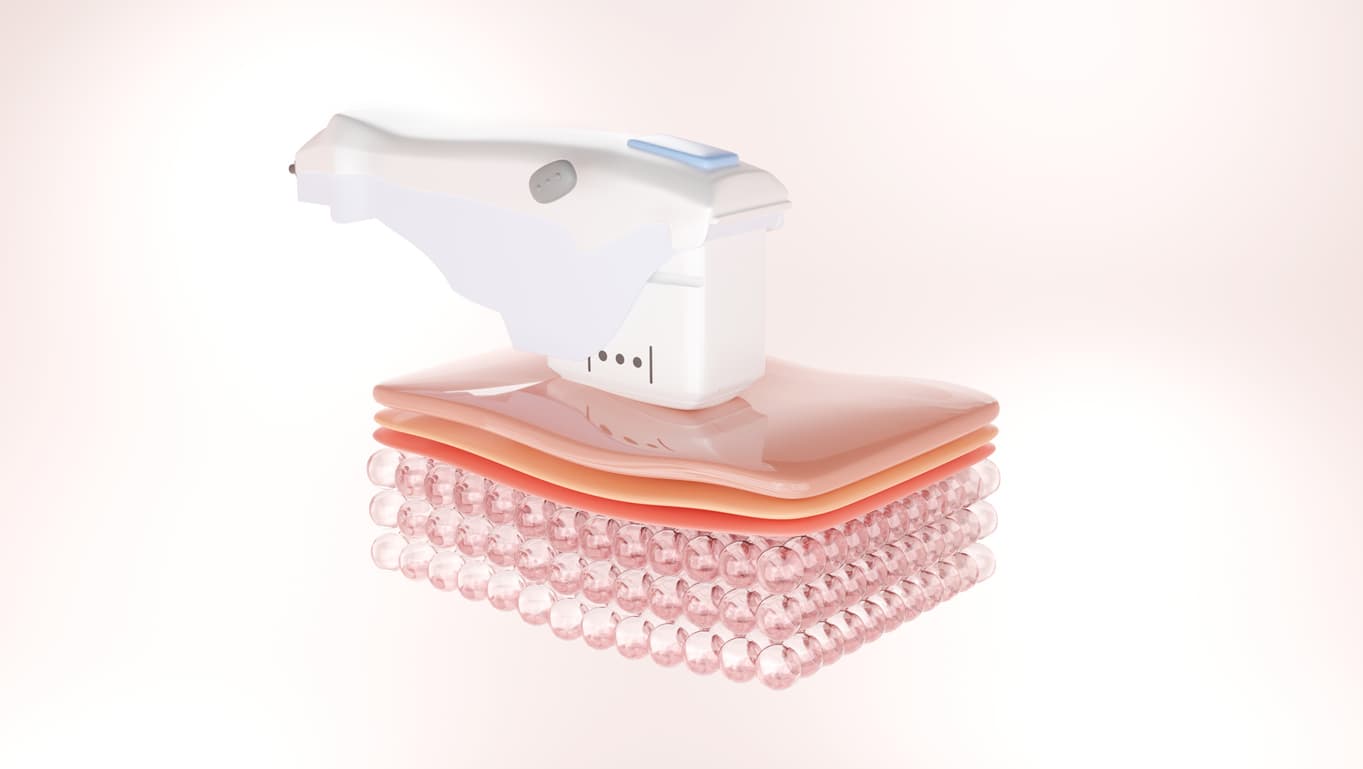
By Daniel Petkevich
Mar 3, 2023
Your guide to Medicare, Medicaid and private insurance coverage after the end of the COVID-19 Public Health Emergen
The pandemic has had a profound impact on the lives of people across the globe. However, the COVID-19 Public Health Emergency declaration in the United States provided COVID-19 tests, treatments, and vaccines freely to everyone, regardless of their insurance status, reducing healthcare expenses significantly.
Speak with a Medicare Advocate
As the COVID-19 Public health emergency comes to an end, access to these services will depend on insurance coverage through Medicare, Medicaid, or private companies.
If you're a Medicare
Let's discuss when the COVID-19 Public Health Emergency will end and how it may impact you.
What Is the COVID-19 Public Health Emergency?
In the United States, the COVID-19 Public Health Emergency (PHE) was declared on January 30, 2020, in response to the COVID-19 pandemic.
The PHE allowed the government to activate emergency response plans, allocate resources, and implement policies to control the spread of the virus and protect public health. It also led to measures such as vaccine authorization, mask mandates, and financial assistance to healthcare providers and affected individuals.
When Does the COVID-19 Public Health Emergency End?
The Biden Administration has announced that the public health emergency (and national emergency) declarations made on January 30, 2020, will end as of May 11, 2023**.**
This deadline has been extended in the past, however. But if there isn't a sharp increase in COVID-19 cases, this end date will likely be upheld.
How Will The End of the COVID-19 Public Health Emergency Affect Medicare?
The PHE has allowed the government to waive or modify certain healthcare programs, which has helped healthcare providers and beneficiaries cope with the pandemic's impact. But it's necessary to examine how the end of the PHE may affect these programs.
Let's discuss the various changes in detail.
1. COVID-19 Vaccines
As long as the supply of COVID-19 vaccines purchased by the federal government lasts, they will be available to all individuals free of charge, regardless of their insurance coverage.
Providers who administer federally purchased vaccines are prohibited from charging patients or denying vaccination based on the patient's insurance coverage or network status.
However, if the federal supply of vaccines runs out, it may or may not affect you based on your healthcare policy.
Let's look into the different scenarios:
If you're on Medicare
You'll still get vaccines for free under the Affordable Care Act
If you're on Medicaid:
You'll continue to receive free vaccines even if the federal supply of vaccines runs out.
If you have private insurance:
COVID-19 vaccines will be free only if you get them from an in-network healthcare provider. However, if you receive the vaccine from a healthcare provider outside your network, you may need to pay for the out-of-pocket expenses.
If you're uninsured or underinsured:
You may incur out-of-pocket costs as the vaccines might not be freely available once the PHE ends.
2. At-Home COVID-19 Tests
Currently, Medicare covers up to 8 over-the-counter COVID tests per month. However, this will change with the end of the PHE in the following ways:
If you're on Original Medicare:
You'll no longer receive a free at-home COVID test kit
If you're on Medicaid:
You'll continue to get at-home tests for free until September 2024, but once this deadline passes, coverage for these tests could vary depending on your state of residence.
If you have private insurance or the Medicare Advantage Plan
Private insurers and Medicare Advantage Plans don't guarantee free at-home tests, although some providers may still cover them. It's best to check with your provider for information about this.
If you're uninsured or underinsured:
If your state was one of the 15 states (e.g., CA, CO, CT, IA, IL, LA, ME, MN, NC, NH, NM, NV, SC, UT, WV) that provided Medicaid coverage for at-home tests to uninsured individuals, this coverage will end when the public health emergency ends. This means you'll no longer get coverage for COVID-19 at-home tests.
If you can't afford at-home tests, you may be able to get them for free at a community health center, public health department, library, free clinic, or other local organizations. The federal government also provides some tests by mail, but there's a limited supply.
3. PCR and Rapid tests by Healthcare Professional
When the PHE ends, PCR or rapid tests ordered or administered by a healthcare professional may still be covered but will no longer be completely free.
The coverage will vary depending on your healthcare plan:
If you're on Original Medicare:
PCR and rapid tests will be free, but you may be responsible for out-of-pocket expenses related to your doctor's visit.
If you're on Medicaid:
You can get PCR or rapid tests for free until September 2024. After this date, states could restrict the number of tests covered or require a small amount of cost-sharing.
If you have private insurance or a Medicare Advantage Plan
Depending on your specific plan, you may have to share the cost of both the test and the related doctor's visit. Some providers may limit the number of tests covered and provide only in-network coverage.
Additionally, if you're enrolled in non-ACA-compliant or grandfathered plans, you might not get guaranteed test coverage and may have to pay the full amount.
If you're uninsured or underinsured:
If your state is one of the 15 states that provides Medicaid coverage for COVID-tests to uninsured individuals, this coverage will end with the public health emergency. This means you'll need to pay for COVID-19 testing services after May 11, 2023.
If you cannot afford COVID-19 testing services, you may be able to get them for free at a community health center, public health department, library, free clinic, or other local organizations.
4. COVID Treatments
All COVID-19 pharmaceutical treatment doses (e.g., oral antivirals like Paxlovid and Lagevrio) purchased by the federal government are free, regardless of your insurance coverage.
However, coverage for COVID-19 treatments not purchased by the federal government varies depending on your healthcare plan.
If you're on Medicare:
You may have to share the cost of certain pharmaceutical COVID treatments when the PHE ends.
If you're on Medicaid:
Medicaid will continue to cover the entire cost of the pharmaceutical COVID treatments until September 2024. After this date, states will continue to cover the expenses but could limit its use or require a small amount of cost-sharing.
If you have private insurance:
Your out-of-pocket costs may vary depending on your plan. Most people with private insurance already had to bear some of the costs for hospitalizations and outpatient visits related to COVID.
While a few companies initially decided to waive out-of-pocket costs for COVID-19 treatment, they discontinued this practice in 2022. If you have a private insurance plan, you'll probably be responsible for paying deductibles and other cost-sharing fees as outlined in your policy.
If you're uninsured or underinsured:
With the end of the PHE, you'll probably have increased out-of-pocket expenses for certain COVID treatments. You may be able to rely on safety-net providers to cover these extra expenses.
5. TeleHealth
Some Telemedicine flexibility will change after May 11, 2023, including:
Patients will have to obtain their controlled substance prescriptions via in-person visits because providers will no longer be allowed to provide telemedicine prescriptions for controlled substances
The temporary waivers on state licensure requirements that allowed out-of-state providers to practice via telehealth will expire once the federal public health emergency ends unless individual states decide to alter their policies.
During the PHE, providers were allowed to use non-compliant technologies for telehealth without penalty. But now that it's ending, only HIPAA-compliant technologies and products will be permitted for telehealth services.
Other changes to telemedicine depend on your plan:
Medicare beneficiaries:
Telehealth services for Medicare beneficiaries, which were previously linked to the public health emergency, will continue without any alterations until December 31, 2024.
Medicaid beneficiaries:
Most states have made, or intend to make, certain Medicaid telehealth flexibilities permanent.
Private insurance:
Telemedicine coverage by most private insurance may not be impacted by the end of the Public Health Emergency as it covered telemedicine before the PHE was declared.
Nevertheless, if your plan has coverage, telehealth and other remote care services may still be subject to cost-sharing, prior authorization, or other forms of medical management.
6. Prescription Refill
During the COVID-19 Public Health Emergency, Medicare Part D enrollees could receive up to a 90-day (3-month) supply of covered Part D drugs in one fill or refill upon request. This flexibility, however, will no longer be available once the PHE concludes.
Consequently, enrollees in Medicare Part D plans, including stand-alone and Medicare Advantage drug plans, may face prescription refill restrictions, as healthcare providers may limit the supply quantity.
7. Hospital Care
The end of the COVID-19 Public Health Emergency can bring a few changes in Medicare costs associated with your hospital care, such as:
During the PHE, hospitals received a 20% increase in Medicare reimbursements for treating COVID-19 patients. This boost will end with the end of PHE, potentially resulting in increased medical expenses for patients admitted to hospitals for COVID-19 treatment.
The 3-day prior hospitalization requirement for skilled nursing facility (SNF) stays, which was waived during the PHE, will return. As a result, Medicare beneficiaries will be responsible for skilled nursing care expenses — except if they are hospitalized for at least three days beforehand — which can be expensive.
8. Medicaid Enrollments
During the pandemic, the federal government increased Medicaid funding to states that agreed not to remove anyone from their Medicaid program during the public health emergency.
However, as of March 31, 2023, this requirement for continuous enrollment will end. The temporary funding increase will gradually decrease from April 1, 2023, until ending on December 31, 2023.
As a result, states may remove Medicaid enrollees who do not meet eligibility requirements.
Keep Yourself Informed and Up-to-Date
As the COVID-19 Public Health Emergency ends, you'll want to stay informed and up-to-date on healthcare coverage and benefits changes. Although the declaration allowed for free access to COVID-19 services, the shift back may significantly impact the uninsured or underinsured.
Navigating changes to your Medicare coverage after the COVID-19 PHE ends can be complex, even overwhelming. If you have any questions on how these changes may impact your coverage after May 11, 2023, call us at 1-888-376-2028. Our advisors
Recommended Articles

Does Medicare Cover Iovera Treatment?
Jan 11, 2023

Does Medicare Cover Hoarding Cleanup?
Jan 10, 2023

Does Retiring at Age 62 Make Me Eligible for Medicare?
Jun 16, 2022

Denied Coverage? What to Do When Your Carrier Says No
Jul 15, 2025

Is Vitrectomy Surgery Covered by Medicare?
Dec 2, 2022

Does Medicare Cover Physicals & Blood Work?
Feb 1, 2024

Can I Change Medicare Advantage Plans Any Time? | Medicare Plans
Sep 19, 2022

Does Medicare Cover Hearing Aids?
Nov 9, 2022

What If I Don't Like My Plan?
Jun 8, 2020

How Medicare Costs Can Pile Up
Oct 11, 2022

Does Medicare Cover SIBO Testing?
Dec 1, 2022

How Much Does Open Heart Surgery Cost with Medicare?
Jan 27, 2023

Does Medicare Cover Diabetic Eye Exams?
Jan 11, 2023

Why Is Medicare So Confusing?
Apr 19, 2023

Can I Use Medicare Part D at Any Pharmacy?
Aug 28, 2023

Is HIFU Covered by Medicare?
Nov 21, 2022

Does Medicare Cover Cartiva Implants?
Nov 29, 2022

Medicare Savings Programs in Kansas
Mar 22, 2023
More of our articles
13 Best Ways for Seniors to Stay Active in Phoenix
14 Best Ways for Seniors to Stay Active in Seattle
14 Best Ways for Seniors to Stay Active in Washington, D.C.
20 Questions to Ask Your Medicare Agent
2024 Cost of Living Adjustment
2025 Medicare Price Changes
Are Medicare Advantage Plans Bad?
Can I switch From Medicare Advantage to Medigap?
Can Medicare Advantage Plans Deny Coverage for Pre-Existing Conditions?
Comparing All Medigap Plans | Chart Updated for 2025
Costco Pharmacy Partners with Fair Square
Do You Need Medigap if You're Eligible for Both Medicare and Medicaid?
Does Medicare Cover Boniva?
Does Medicare Cover Cataract Surgery?
Does Medicare Cover Cosmetic Surgery?
Does Medicare Cover COVID Tests?
Does Medicare Cover Disposable Underwear?
Does Medicare Cover Exercise Physiology?
Does Medicare Cover Hepatitis C Treatment?
Does Medicare cover Hyoscyamine?
Does Medicare Cover Incontinence Supplies?
Does Medicare Cover Ketamine Infusion for Depression?
Does Medicare Cover Kidney Stone Removal?
Does Medicare Cover Krystexxa?
Does Medicare Cover Kyphoplasty?
Does Medicare Cover Oxybutynin?
Does Medicare Cover Penile Implant Surgery?
Does Medicare Cover Piqray?
Does Medicare Cover Qutenza?
Does Medicare Cover Robotic Surgery?
Does Medicare Cover Scleral Lenses?
Does Medicare Cover Shock Wave Therapy for Plantar Fasciitis?
Does Medicare Cover SI Joint Fusion?
Does Medicare Cover the Urolift Procedure?
Does Medicare Cover Urodynamic Testing?
Does Medicare Cover Wart Removal?
Does Medicare Cover Zilretta?
Does Medicare Pay for Allergy Shots?
Does Medicare Pay for Funeral Expenses?
Does Medicare pay for Opdivo?
Does Your Medicare Plan Cover B12 Shots?
Does Your Plan Include A Free Gym Membership?
Everything About Your Medicare Card + Medicare Number
Fair Square Client Newsletter: AEP Edition
Finding the Best Dental Plans for Seniors
Finding the Best Vision Plans for Seniors
Health Savings Accounts (HSAs) and Medicare
How Are Medicare Star Ratings Determined?
How Can I Get a Replacement Medicare Card?
How Do Medicare Agents Get Paid?
How Does the End of the COVID-19 Public Health Emergency Affect Your Medicare?
How is Medicare Changing in 2025?
How Much Does a Medicare Coach Cost?
How Much Does a Pacemaker Cost with Medicare?
How Much Does Medicare Cost?
How Much Does Medicare Part B Cost in 2025?
How to Become a Medicare Agent
How to Choose a Medigap Plan
How to Enroll in Social Security
Is Balloon Sinuplasty Covered by Medicare?
Medicare 101
Medicare Explained
Medicare Guaranteed Issue Rights by State
Seeing the Value in Fair Square
What Does Medicare Cover for Stroke Patients?
What is Plan J?
What is the 8-Minute Rule on Medicare?
What is the Medicare ICEP?
What's the Deal with Flex Cards?
When Can You Change Medicare Supplement Plans?
Will Medicare Cover Dental Implants?
Will Medicare Cover it?
Get the Fair Square Bulletin
Medicare savings tips, helpful guides, and more.
Virgil Insurance Agency, LLC (DBA Fair Square Medicare) and www.fairsquaremedicare.com are privately owned and operated by Help Button Inc. Medicare supplement insurance plans are not connected with or endorsed by the U.S. government or the federal Medicare program. This is a solicitation of insurance. A licensed agent/producer may contact you. Medicare Supplement insurance is available to those age 65 and older enrolled in Medicare Parts A and B and, in some states, to those under age 65 eligible for Medicare due to disability or End-Stage Renal disease. Virgil Insurance Agency is a licensed and certified representative of Medicare Advantage HMO, HMO SNP, PPO, PPO SNP and PFFS organizations and stand-alone PDP prescription drug plans. Each of the organizations we represent has a Medicare contract. Enrollment in any plan depends on contract renewal. The plans we represent do not discriminate on the basis of race, color, national origin, age, disability, or sex. Plan availability varies by region and state. For a complete list of available plans please contact 1-800-MEDICARE (TTY users should call 1-877-486-2048), 24 hours a day/7 days a week or consult www.medicare.gov. © 2026 Help Button Inc
We do not offer every plan available in your area. Any information we provide is limited to those plans we do offer in your area. Please contact Medicare.gov or 1-800-MEDICARE to get information on all of your options.
MULTIPLAN_FairSquareMedicare_01062022_M
Fair Square Medicare

